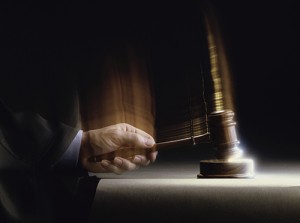In Pennsylvania, you may have your criminal record cleared or “expunged” if you satisfy certain requirements under Pennsylvania law. If you are granted an expungement, your criminal record will be removed from the Department of Court Records’ files as well as the files of other criminal justice agencies. In essence, there will be no record that you were ever charged with a crime.
To determine which charges on your record can be removed through the expungement process, you must look at the disposition or outcome of the case. If you were convicted, typically the disposition will be listed as pled guilty or found guilty. If the charges against you were dropped, the disposition may say dismissed.
Charges with the following dispositions may be eligible for expungement:
- Withdrawn
- Dismissed
- Nolle Prossed
- Not Guilty
- Disposition Unreported/No Further Action Taken
Additionally, if you pled guilty or were found guilty of a summary offense, the conviction for that summary offense may be eligible for expungement if you have remained free from arrest or prosecution for 5 years following the conviction. Examples of summary offenses include traffic violations and disorderly conduct.
You can also obtain an expungement if you successfully completed the Accelerated Rehabilitation Disposition Program and finished the probation period.
Please note that before you can file for an expungement in a particular case, you must pay off any outstanding fines, costs, or restitution for that case. If you still owe fines and costs, the Department of Court Records will not allow you to file your petition.
If you pled guilty or were found guilty of a misdemeanor or felony offense, you must apply for a Governor’s Pardon. Misdemeanor and felony convictions are NOT eligible for expungement.
If you need help filing a petition for expungement or pardon please call Gregory J. Spadea of Spadea & Associates, LLC at 610-521-0604, in Folsom, Pennsylvania.








